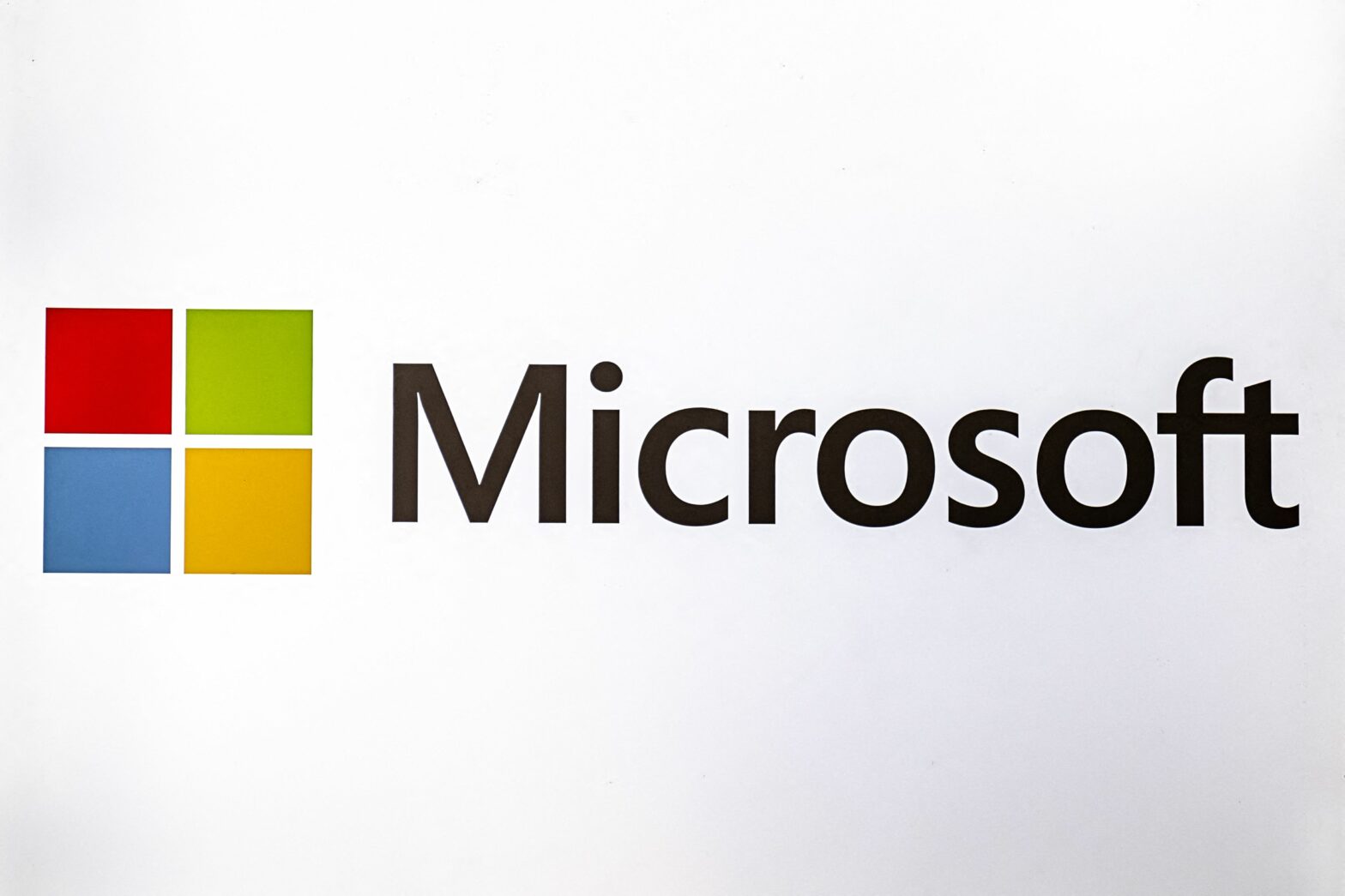According to EU regulators, combining Microsoft Office and Teams could provide an unfair advantage in the European communication and collaboration products market, through forcing vendor lock-in on businesses.
The tying and bundling of two or more products together falls foul of EU competition rules, and can minimise customers’ ability to move to another software vendor to stay aligned with evolving business needs.
Microsoft Teams was added to the Office 365 suite for free in 2017, to replace a phasing-out Skype for Business.
Government arms Big Tech competition watchdog — Digital markets unit of competition regulator could fine Big Tech companies that abuse market position up to 10% of global turnover.
In a first investigation into Microsoft’s distribution practices in over 10 years, the European Commission review could lead to further charges being issued this Autumn — adding to the €2.2bn in EU antitrust fines paid by the corporation in the past decade — unless strategy adjustments are made.
The Salesforce-owned workplace communication app Slack had previously reported Microsoft’s practices to the EU, accusing the company of trying to drive out competition.
While Microsoft had initially agreed with antitrust investigators to cease automatic installation of Teams onto user devices, negotiations have since stalled over whether this would be implemented globally, or solely within the EU.
Breaches of competition rules are currently penalised via European Commission fines as high as 10 per cent of the infringing firm’s global turnover.
“Remote communication and collaboration tools like Teams have become indispensable for many businesses in Europe,” EU antitrust chief Margrethe Vestager told The Times.
“We must therefore ensure that the markets for these products remain competitive, and companies are free to choose the products that best meet their needs.”
In response to the investigation launch, a Microsoft spokesperson told the FT: “We respect the European Commission’s work on this case and take our own responsibilities very seriously.
“We will continue to co-operate with the commission and remain committed to finding solutions that will address its concerns.”
Related:
How the Digital Markets Act will challenge big tech anti-competition — The new Digital Markets Act in Europe is set to challenge the dominance and anti-competition practices of big tech monopolies.







